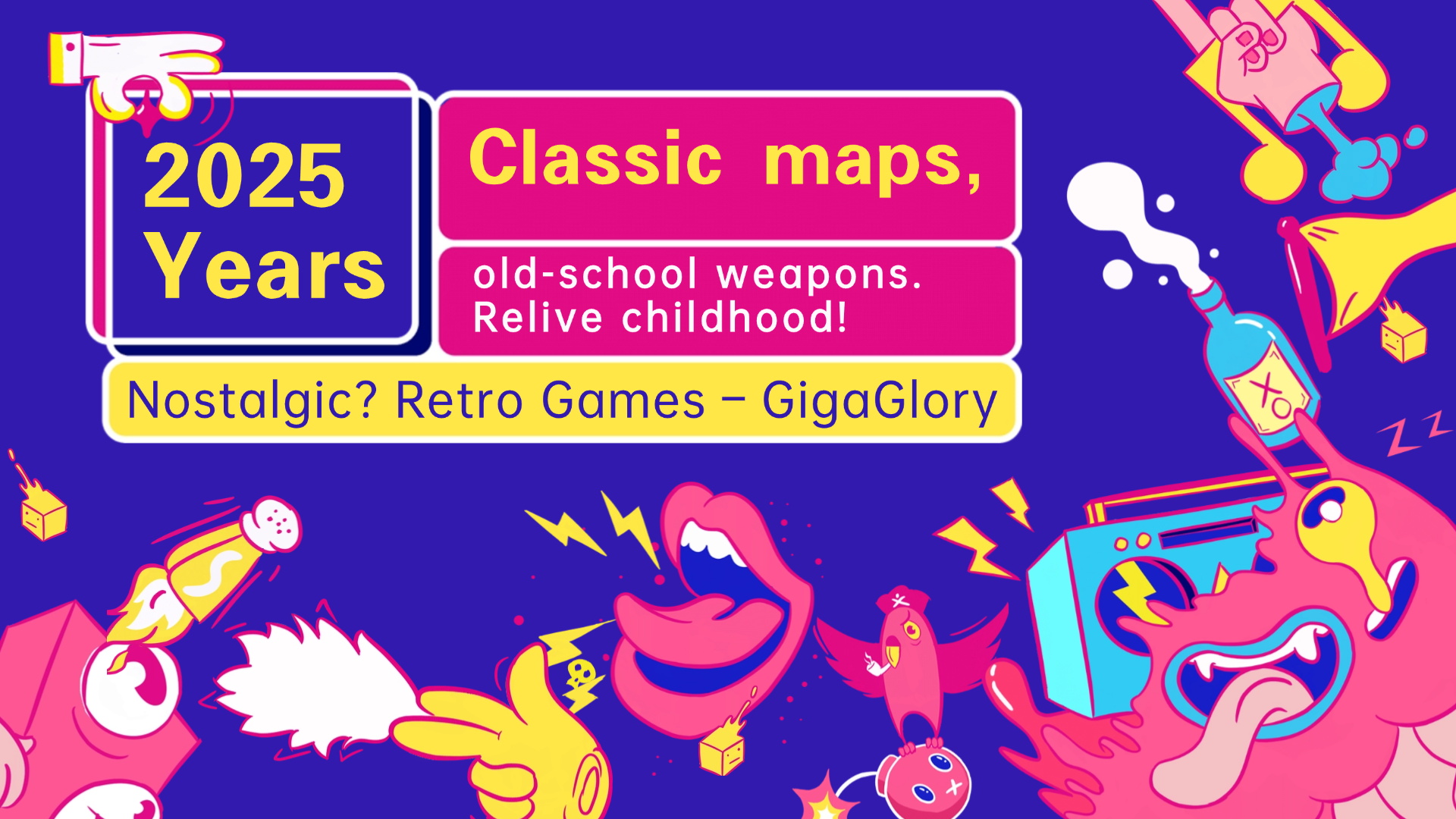Adventure Games vs. Educational Games: Which Category Sparks Greater Learning and Fun?
In the expansive universe of gaming, two categories have become prominent for engaging players across various demographics: adventure games and educational games. Each offers its own unique blend of entertainment and learning, but which one truly ignites greater joy and knowledge? Join me on a quest to uncover the magic behind these realms!
The Essence of Adventure Games
Adventure games are the narrative-driven gems that whisk players away to far-off realms. These games typically encompass immersive storytelling, challenging puzzles, and the thrill of exploration. Think about classics like Monkey Island or modern marvels such as The Last of Us. Players are often drawn to these titles for their captivating tales, which sometimes overshadow any gameplay shortcomings.
Isn't it fascinating how a game can have bad gameplay but a fantastic story? Titles that exemplify this phenomenon include Final Fantasy VII and Life is Strange. Players might endure frustrating mechanics just to savor the narrative; the adventure often becomes the ultimate reward!
The World of Educational Games
On the flip side, we have educational games. These titles strive to bolster learning in an entertaining way. Whether it’s through math puzzles, language challenges, or science simulations, they aim to make knowledge acquisition fun. Games like Kerbal Space Program teach players about physics and space exploration, while titles geared toward younger audiences, like Carmen Sandiego, blend adventure with geography lessons.
Despite their noble objectives, one has to wonder—do gamified quizzes and interactive lessons really excite players as much as a thrilling narrative? Or are they just useful for exam prep?
Comparing Fun Factor and Learning
| Game Type | Fun Factor | Learning Outcome |
|---|---|---|
| Adventure Games | High; immerses players emotionally | Indirect; storytelling often teaches morals and critical thinking |
| Educational Games | Moderate; can be engaging but sometimes feels like learning | Direct; promotes knowledge retention with interactive elements |
What Makes an Adventure Game Stand Out?
When we dissect what makes adventure games so captivating, a few elements consistently emerge:
- Storyline: A gripping narrative keeps players engaged and coming back for more.
- Character Development: Memorable characters make the journey personal and impactful.
- Exploration: The thrill of discovering hidden treasures or alternate endings adds layers to the gameplay.
- Puzzles: They provide a satisfying challenge—solving them often feels rewarding.
Do Educational Games Really Educate? Or Do They Just Frustrate?
Many players question if educational games genuinely enhance learning or if they often lead to frustration. Here are some thoughts:
- On-the-Way Learning: Many players don't realize they're learning while engaging with educational games.
- Frustrating Mechanics: Sometimes, the game mechanics overshadow the educational aspect, leaving players disengaged.
- Balancing Act: A well-crafted educational game must balance fun and learning for optimal player engagement.
The Role of Interactive Storytelling in Both Categories
Interactive storytelling is the heart of both adventure and educational games. While adventure games often rely on narrative to shape the player’s experience, educational titles can employ storytelling to present information engagingly.
Consider this: a history-based adventure game could teach about significant events while maintaining an engaging narrative. Meanwhile, a boring textbook doesn't hold a candle to a fun learning experience! Who wouldn’t prefer to learn history as they travel through it?
Can You Learn Through Fun? The Conclusion
Ultimately, both adventure games and educational games have distinct strengths. Adventure games draw players in with immersive stories, while educational games provide a clear path to learning. The real magic occurs when developers blend these attributes, creating experiences that are both enjoyable and enriching.
So, which category sparks greater learning and fun? It really depends on the player’s preferences! The important takeaway here is that gaming, in any form, can be a powerful tool for both entertainment and education.
The Bottom Line
As we venture into the future of gaming, let’s celebrate the diversity it offers. Never underestimate the potential of a game, whether it comes packed with adventure or curriculum content!
Now, let me pose a question to you—are today’s educational games engaging enough to capture our hearts like the adventure counterparts? Perhaps it’s time for a re-evaluation of how we perceive gaming in education. So, let’s buckle up and continue our exploration of video gaming together!



